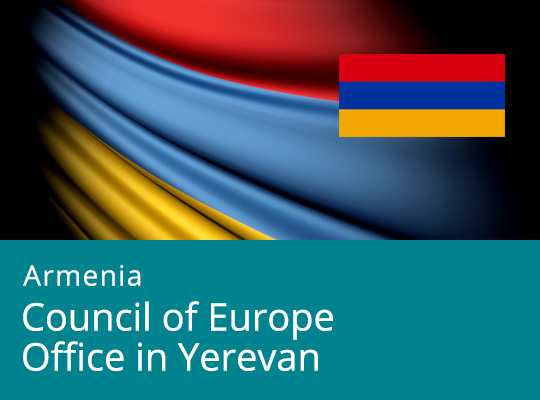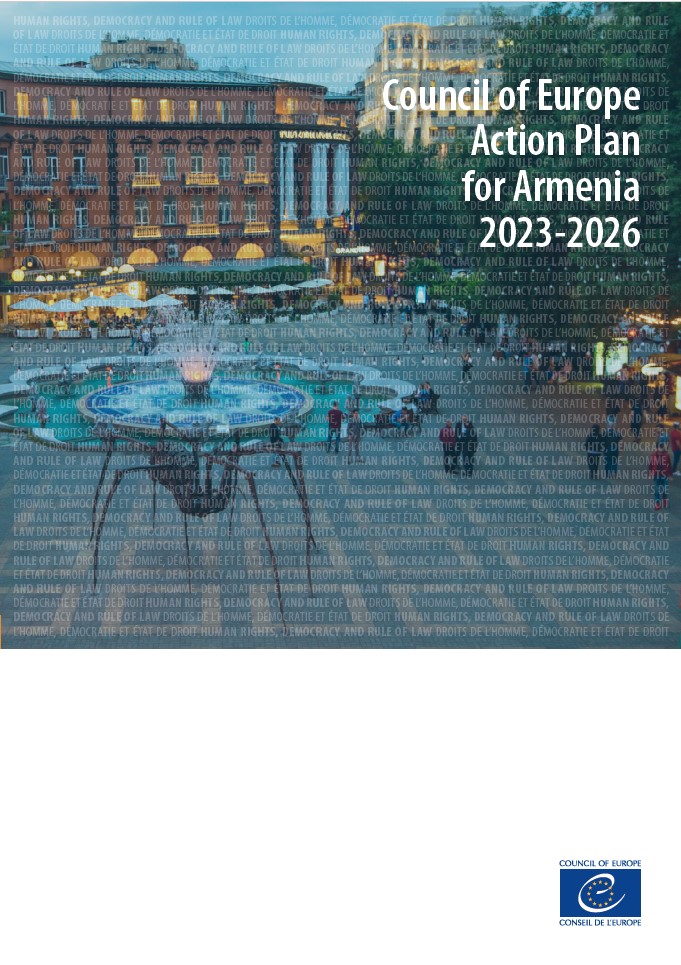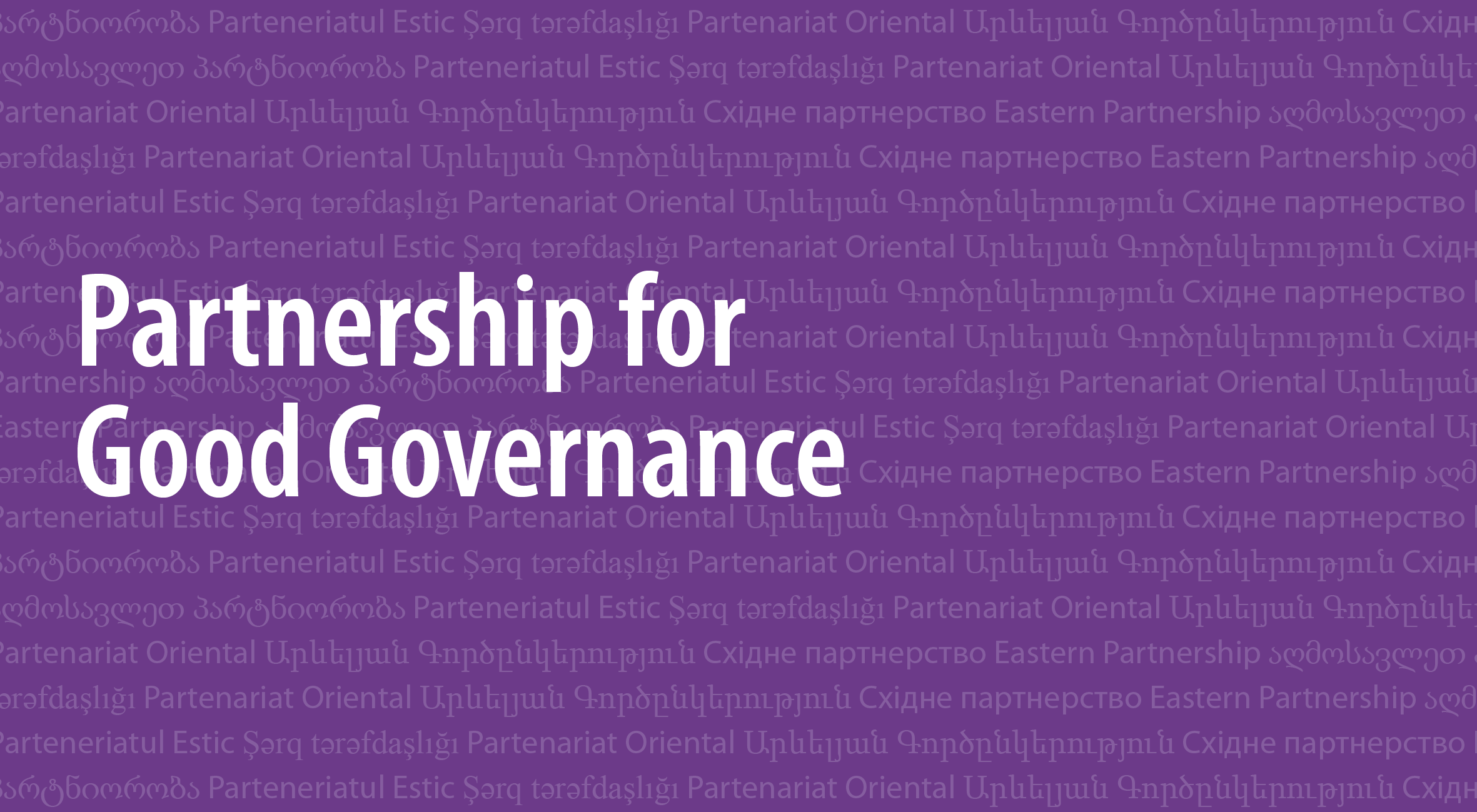An event of 27 February 2024 on alternative measures to detention in Yerevan marks a significant step towards addressing pressing issues in the criminal justice system of Armenia. The meeting, which brought together key stakeholders including representatives from the Ministry of Justice, Probation Service, and local and international consultants from the Council of Europe, underscores a rigorous effort of the authorities to explore innovative solutions to challenges in implementing new restraint measures and sanctions effectively.
One of the central parts of the event was the discussion on the application of electronic monitoring measures, particularly in cases of house arrest. Electronic monitoring represents a modern approach to supervision of offenders that allows them to serve their sentences within the community while being monitored electronically, thus reducing the strain on the prison system and enabling individuals to maintain ties with their families and communities. The practicalities and potential problems of electronic monitoring were topics of consideration during the discussions.
The event also provided an opportunity to explore the Council of Europe standards and draw upon the experiences of various European countries in the application of alternative measures to detention. This exchange of knowledge and best practices is crucial for informing Armenia's approach to implementing house arrest, administrative supervision, and restriction of liberty in accordance with international standards.
The engagement of participants allowed for an open exchange of ideas and addressed current challenges in Armenia, highlighting the importance of continued collaboration and coordination among stakeholders. The outcomes of the meeting will be used to finalise the guidelines on the use of alternative measures being developed by local and international consultants taking into consideration best practices from other countries corresponding to local context. This is the first attempt to help national authorities to have a step-by-step document that will guide probation officers in charge of electronic measures to navigate in the application of new alternative measures to detention.
By embracing alternative measures to detention and exploring innovative approaches to criminal justice, Armenia can make a further step towards a more rehabilitative and humane system that prioritizes both public safety and individual rights.
This event is part of the Council of Europe’s support within the framework of the Project “Strengthening the Probation Service in Armenia”. The Project is financed within the framework of the Council of Europe Action Plan for Armenia 2023-2026 and implemented by the Council of Europe.








